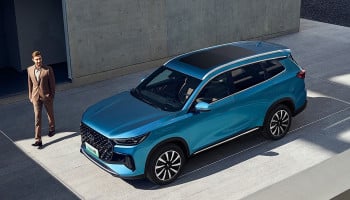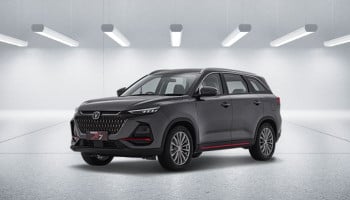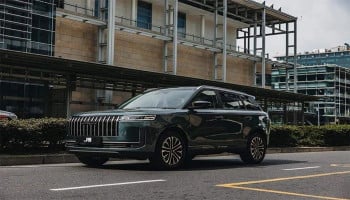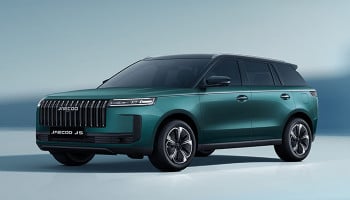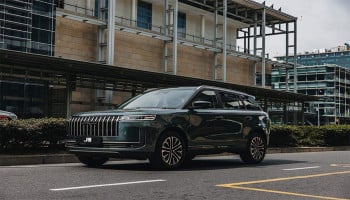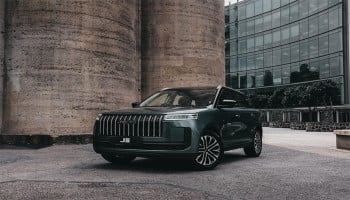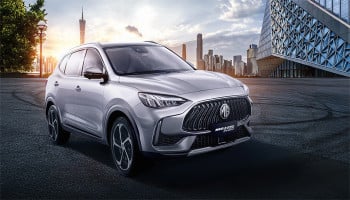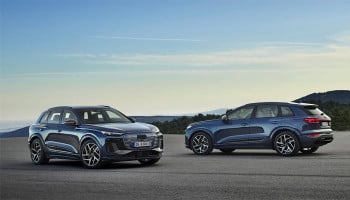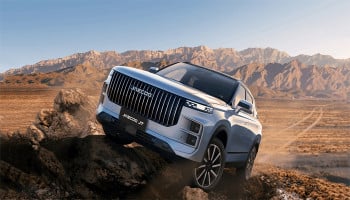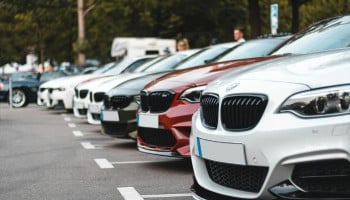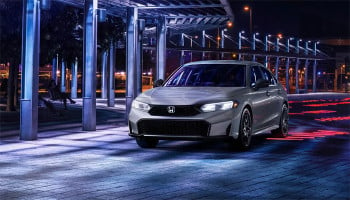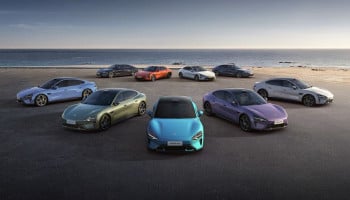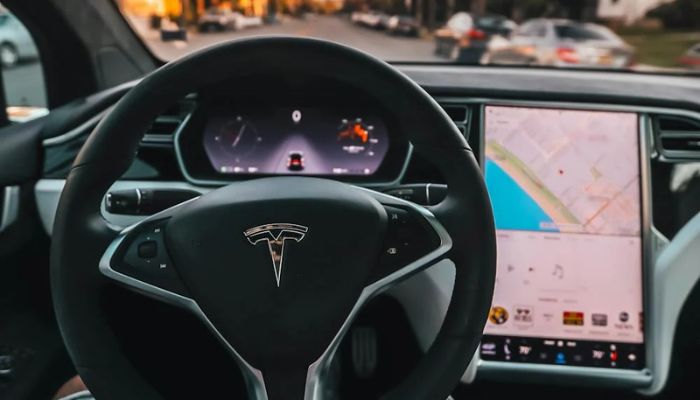
Elon Musk, Tesla’s CEO, has ignited significant buzz in the automotive world with his recent announcement hinting at a major shift in focus for the electric car giant. In a bold move, Musk suggested on social media this afternoon that Tesla is gearing up to make a major bet on autonomous vehicle technology, with plans to reveal a Tesla robotaxi on August 8.
This revelation follows a tumultuous day of fluctuating reports that sent Tesla’s stock on a turbulent ride, ultimately recovering in after-hours trading. A report earlier in the day by Reuters, which was later contested by Musk, claimed that Tesla had scrapped its plans to create an affordable electric car aimed at the mass market.
Such a vehicle has been considered crucial for Tesla's long-term viability in the increasingly competitive electric vehicle (EV) market. Instead, Reuters reported that Tesla would shift its focus to developing a robotaxi, using similar hardware intended for the more budget-friendly car.
Musk initially rebuffed part of the Reuters story, accusing the agency of falsehoods, only to later seem to confirm a shift towards autonomous taxis. This pivot comes as a surprise, especially considering Tesla’s track record with autonomous driving technology. Despite promises dating back to 2016 of complete self-driving capabilities, Tesla has yet to fully deliver on this vision. The company’s vehicles come equipped with the necessary hardware but still require driver supervision, classified as “level 2” autonomy.
Tesla’s self-driving technology, known as Full Self-Driving, has faced criticism from the National Transportation Safety Board for not ensuring sufficient driver attention. Following an investigation, Tesla released software updates to address these concerns, maintaining that its technology is safer than human driving.
The autonomous vehicle sector as a whole has encountered challenges, with technologies once thought to be imminent proving more complex and costly. Waymo, a Google spinoff, currently operates paid taxi services in just two cities, with plans for expansion. General Motors’ Cruise, another competitor, recently halted its service after an incident with a pedestrian.
If Tesla shifts away from producing a more affordable electric car, as suggested by Musk’s latest post, it would mark a significant strategy reversal. Previously, Musk envisioned using profits from luxury electric cars to fund more accessible models, a key component in combating climate change effects from traditional combustion engines. However, the recent hint suggests Tesla might be opting for a more ambitious route with its upcoming vehicles, potentially sidelining more modest car development plans.





